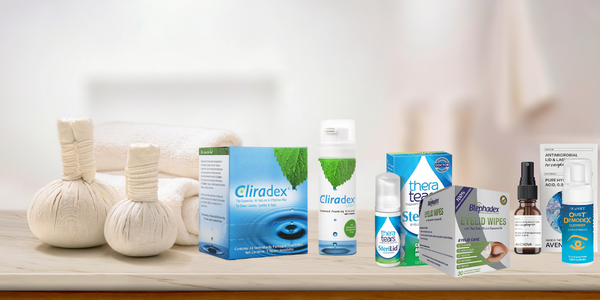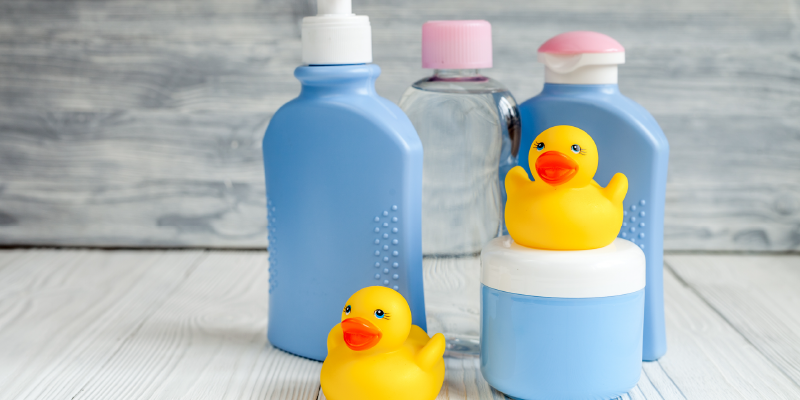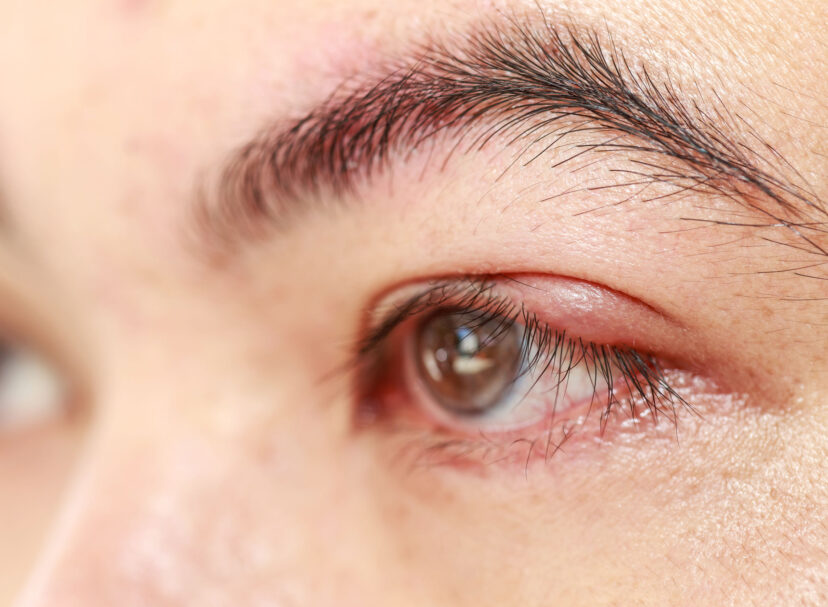Eye allergies are very difficult and can result in painful symptoms. People with eye allergies experience a variety of symptoms including burning, itchiness, and tears. Some people discover that after a few days these symptoms subside, while others face these conditions for a much longer period of time.
To help people who face eye allergies, this article will review some of the important steps that you can follow to reduce these symptoms.
Advice # 1 – Recognize the Symptoms of Eye Allergies
Allergies cause eyes to be itchy. Some other common signs include eyes that are red, swollen, and watery. Allergies, however, do not result in fevers.
Advice # 2 – Understand What an Eye Allergy Is
An eye allergy is caused when an allergen comes into contact with the eye. The eyes treat it as a foreign and harmful substance which must be forced out of the area. As a result, the eye releases a number of chemicals which leaves the eye dry, itchy, red, and watery. Some of these symptoms can be slight while more significant responses can involve serious medical conditions that require a professional.
Advice # 3 – Avoid Allergens

The best way to reduce the number of allergens that can harm your eyes is to limit your exposure. Some of the most common causes of eye allergies include dust, makeup, mold, pet dander, pollen, perfume, and soap. In many situations, this requires changing your environment so that you come less into contact with allergens that can cause responses. Some people find it beneficial to avoid dust mites or to greatly reduce exposure to cats and dogs.
If your eyes become irritated by allergens, it is best to avoid makeup as well as the application of creams that come into contact with the eye area. Some individuals also benefit from wearing glasses rather than contacts until the area clears.
Advice # 4 – Take Antihistamines
Histamines are part of your defense system and help the body remove allergens from a person’s body. Antihistamines refer to a type of medication that provides relief when you experience nasal congestion, sneezing or hives in response to allergens.
There are several types of antihistamines that you can take to combat allergies. Most common are oral antihistamines which include medications like Allegra, Claritin, and Zyrtec. Nasal antihistamines are also helpful to some individuals who experience allergy symptoms.
Advice # 5 – Use Comfort Measures
Some people might experience eye allergy symptoms no matter what they do. Cold compresses can prove to be particularly helpful with the discomfort and swelling that result from eye allergies. While none of these measures can help to prevent the problem, they can greatly reduce the symptoms associated with eye irritation due to allergies.
Other people discover that changing clothes, showering, and washing hair can remove allergens.
Advice # 6 – Do Not Touch Your Eyes
Many people have discovered that it is helpful to avoid touching their eyes in any way if they are irritated. Great care should be used if you must touch your eyes which includes washing your hands. Other people benefit from switching from contact lenses to eyeglasses for several days.
Advice # 7 – Wear Sunglasses

Sunglasses are helpful because they protect eyes from allergens including dust and pollen. In some cases, sunglasses also help to prevent eye diseases. As a result, many people who experience allergies due to outdoor conditions find it particularly helpful to wear sunglasses.
Advice # 8 – Remain Indoors
Certain types of weather including the fall and spring can result in people experiencing more allergies. Rather than go outside on breezy days that involve a large amount of pollen, many people benefit by staying inside and limiting their exposure to potential allergens.
Advice # 9 – Rinse With Saline

In many cases, eye allergies result in a change in the number of tears that your eyes produce. Some people experience dryness in regards to tear production. This problem most often occurs when allergens come into contact with the surface of your eye. To reduce the number of allergens to which you are exposed, it is recommended that you use saline to rinse your eyes.
Advice # 10 – Know When to Seek Medical Care
When certain lifestyle changes do not help to eliminate allergic responses, there are still options. It can prove particularly helpful to obtain the services of an eye professional who can recommend steps to be taken to promote eye health.
Advice # 11 – Obtain Eye Relief
Eye relief for allergy irritation begins with keeping the eyes free of allergens and irritants. Cleansing products such as Cliradex have proven particularly helpful as additions to the steps mentioned above. Try Cliradex and see for yourself!




